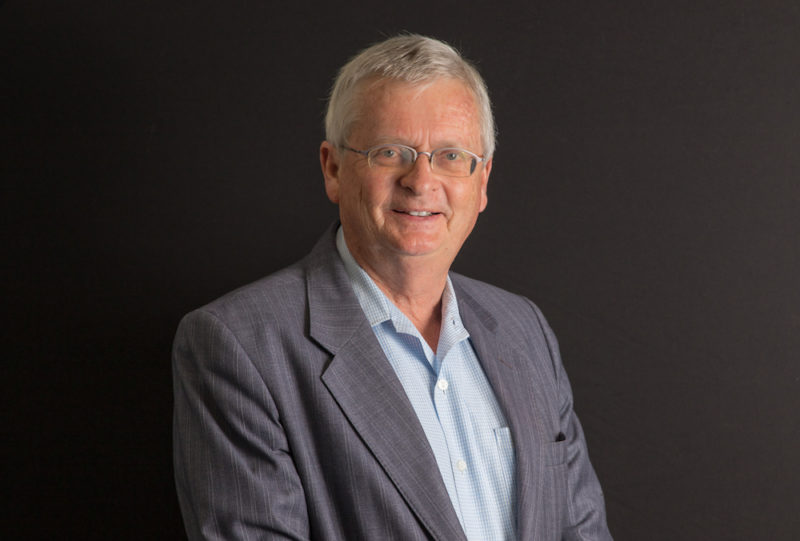Press Council boss promises faster resolution of complaints as part of promoting quality journalism
The Australian Press Council is looking to speed up its complaints process while it grapples with a globalised media and challenges to press freedoms, the organisation’s chair Neville Stevens told the Melbourne Press Club this afternoon.
In his first public speech since his appointment last December, Stevens acknowledged a number issues facing the Press Council including public confidence in the organisation and members’ conflicts of interest.

Stevens: Wants to reduce the time it takes to resolve complaints

